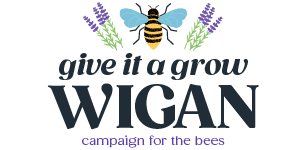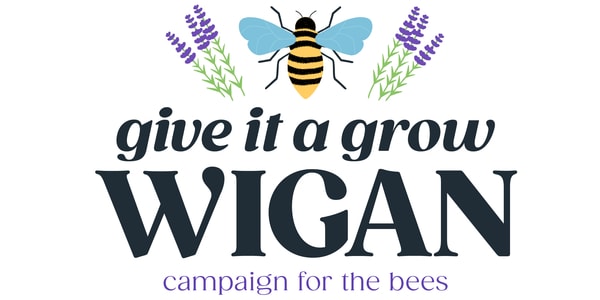
The Give it a Grow campaign has 4 simple aims.
The proposed plan is two-fold; it consists of work that we, volunteers, community groups and residents can do, but also tasks and ideas for Wigan Council to implement.
The main goal is for this campaign to be a group community effort, where everyone can join in and everyone reaps the benefits.
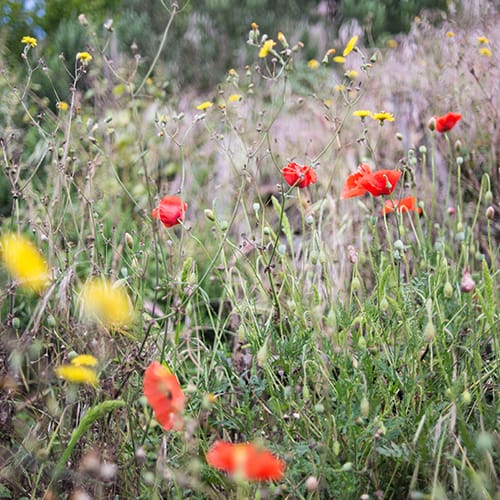
Plant wildflower seeds and pollinating plants
There are many large recreational areas in and around Wigan, and not all of them are used for leisure and sports.
We want to identify areas where we can sow a variety of native wildflower seeds, or place pollinating plants. It needn’t be the entire area; borders and sections of fields can be used to make mini meadow areas and corridors.
Grass verges around roads and pavements also add up – in the Wigan borough, there are 60 hectares. Some of these are grass walkways and used, and some won’t be suitable due to heavy traffic, but there are plenty of opportunities here for increased plant cover.
Private gardens within Wigan Borough also represent a great opportunity for mores plants and flowers. We want to work with residents to help them make good choices for the bees, pollinators and the wider ecosystem, with the bonus of a beautiful outdoor space.
Let natural grasses grow
Our fixation with manicuring green spaces so heavily in and around Wigan Borough (and nation-wide) is to the detriment of insects and wildlife.
There has already been mention of this by Wigan Council recently, but they could reduce mowing of grass verges where planting or sowing seeds may not be suitable, if possible.
This will allow the natural grasses to grow, and local wildflowers to thrive, without being disturbed by herbicides and mowing.
Give weeds a chance! Pollinators love them.
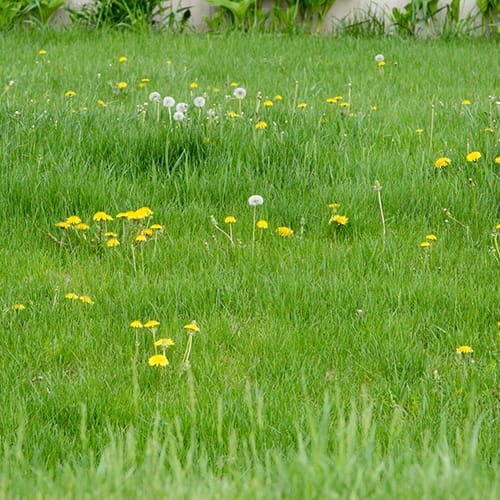
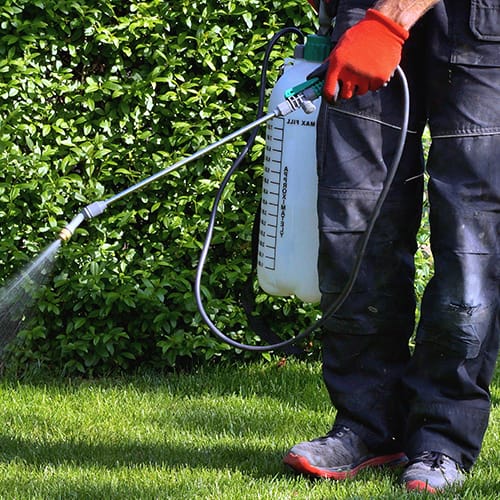
Stop using weed killers with Glyphosate in
We ask this particularly of Wigan council, Glyphosate (Round up) is sprayed heavily on roads and grass verges throughout the spring and summer. It runs into the waterways through surface water and groundwater.
Research has shown it to destroy microorganisms in the soil and affect earthworms and harm aquatic life.
Despite its wide use in Wigan borough and beyond, little is known about the true impact, and we don’t know the long term effects.
Residents also need to be aware of the potential harm and offered safer alternatives to weeding. It is labelled as ‘probably carcogenic’ and yet it continues to be spread all over the town centre and our own gardens multiple times per year.
Reduce littering
We want to bring awareness to the constant stream of litter in Wigan and how it travels to the wild areas and waterways.
There are many reasons why it’s detrimental to the environment and a total eyesore and a blight on our neighbourhoods.
When litter stays on the ground, it starts to break down, and so microplastics seep into the soil and the waterways. The long-term effects of this are unknown, but microplastics are starting to enter all areas of our lives – it’s problematic.
Animals get caught in waste or try to eat it, causing undue suffering and harm.
It’s costly to get rid of – fly-tipping and litter costs Wigan Council £4m per year (as of 2019).
There needs to be greater enforcement on reducing the littering from vehicles. Many roadside areas are an eyesore and are entirely littered with plastic pollution from cars.
The legislation to penalize drivers exists, but how can it be better enforced?
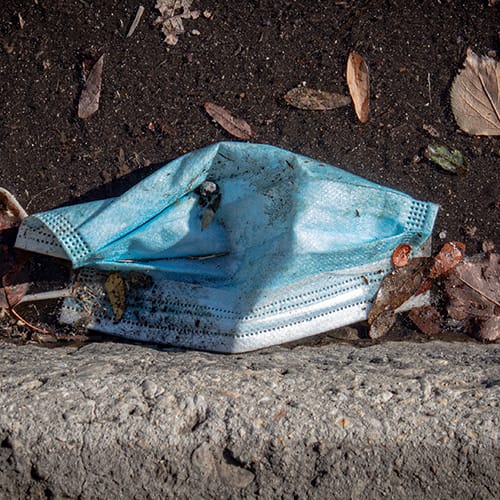
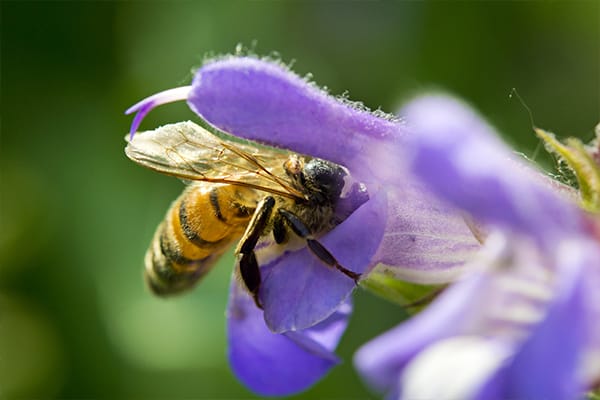
What are the outcomes if we can achieve these aims?
Read about the potential benefits for Wigan’s communities and wildlife if we can achieve these aims!
